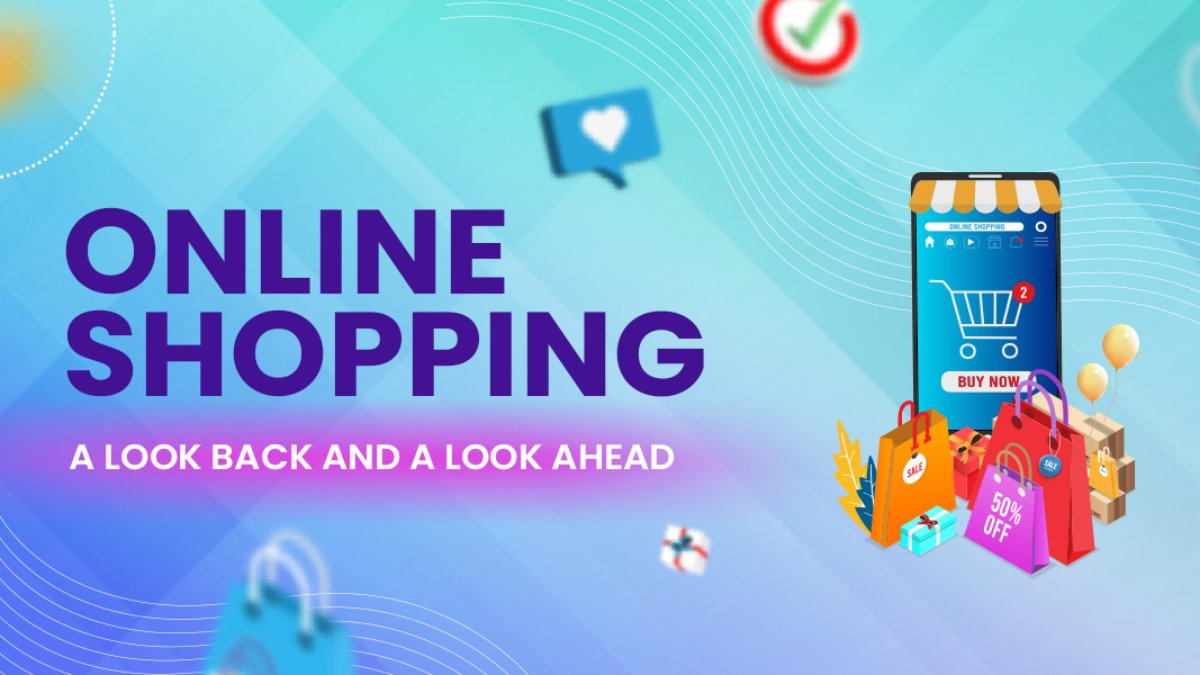Online buying started in the 1990s with the advent of the internet.
Several key milestones have marked the evolution of ecommerce:
- 1994:The first steady on-line transaction the usage of SSL encryption technology.
- 1995: The release of major ecommerce platforms
- 2000s: The upward push of on-line marketplaces and international transport answers.
- 2010s: Mobile trade (m-trade) takes to the air with the proliferation of smartphones.
- 2020: The COVID-19 pandemic hastens the adoption of ecommerce as brick-and-mortar stores face regulations.
These milestones were crucial in shaping the ecommerce panorama, making it extra reachable, stable, and convenient for clients.
Technology has been a riding force at the back of the boom of online shopping. Key technological advancements include:
- Secure Payment Gateways: The development of secure charge systems like PayPal, Stripe, and Square has boosted client self assurance in online transactions.
- Mobile Technology:The rise of smartphones and cell apps has made it less complicated for customers to store each time, everywhere.
- AI and Machine Learning: Personalised pointers, chatbots, and customer service automation enhance the shopping experience.
- Ecommerce Platforms: Major ecommerce platforms have made it easier for corporations to install online stores.
- Ecommerce Shipping Solutions UK:Advanced shipping answers, in particular in the UK, have streamlined logistics, permitting faster and more dependable transport services.
These technologies have together transformed the ecommerce industry, making it more efficient and user-friendly.
Current traits in online purchasing consist of:
- Omnichannel Retailing: Integration of on-line and offline purchasing reviews.
- Sustainability: Increasing call for eco-friendly products and packaging.
- Subscription Services: Growing popularity of subscription containers and offerings.
- Personalization: Tailored buying reports the usage of AI and statistics analytics.
- Social Commerce: Shopping without delay through social media systems.
- Voice Commerce: The upward push of voice-activated purchasing through gadgets like Amazon Echo and Google Home.
What demanding situations do ecommerce businesses face today?
Despite its growth, ecommerce corporations face numerous challenges:
- Competition: The market is highly aggressive, with each hooked up giants and new entrants vying for marketplace percentage.
- Customer Retention: Maintaining customer loyalty in a saturated market.
- Logistics: Managing shipping and shipping efficiently, especially with global orders.
- Cybersecurity: Protecting purchaser data and stopping fraud.
- Regulations: Navigating complex international exchange rules and requirements.
Addressing those challenges requires non-stop innovation and editing.
How are ecommerce transport answers evolving inside the UK?
Ecommerce transport solutions inside the UK have advanced significantly to fulfil developing purchaser demands. Key tendencies consist of:
- Next-Day and Same-Day Delivery:Services like DPD and Hermes offer expedited shipping options.
- Click and Collect: Many shops provide options for clients to select up orders from nearby shops or distinct series points.
- Sustainable Shipping: Companies are adopting greener transport practices, which includes the use of electric shipping automobiles and recyclable packaging.
- Advanced Tracking: Real-time tracking structures keep clients knowledgeable about their order popularity.
- International Shipping Solutions: Enhanced logistics networks allow smoother move-border transactions.
These innovations are vital for keeping a competitive area in the ecommerce marketplace.
The destiny of online purchasing is poised to be even extra dynamic and incorporated. Key trends in all likelihood to shape the destiny encompass:
- Augmented Reality (AR): Enhanced digital shopping reports, permitting customers to visualise merchandise in their environment earlier than buying.
- Artificial Intelligence (AI): More state-of-the-art AI algorithms for customised buying reports and efficient stock control.
- Blockchain Technology: Increased transparency and protection in transactions.
- Internet of Things (IoT): Connected devices providing seamless shopping reviews, including smart fridges that reorder groceries.
- Ecommerce Shipping Solutions: Continued improvements in shipping logistics, which includes drone deliveries and self sustaining cars.
These improvements will keep redefining the ecommerce landscape, supplying extra comfort and customization for clients.
To stay competitive within the evolving ecommerce marketplace, agencies must awareness on:
- Innovation: Continuously adopting new technology and enhancing the consumer’s enjoyment.
- Customer Engagement: Building robust relationships with customers through personalised marketing and great customer service.
- Sustainability: Incorporating sustainable practices to fulfil growing client needs for green alternatives.
- Efficiency: Streamlining operations, especially in logistics and transport, to make sure well timed and dependable shipping.
- Data Analytics: Leveraging records to gain insights into patron conduct and options.
By focusing on those regions, groups can better navigate the demanding situations and possibilities in the ecommerce industry.
Online purchasing has come a long way on the grounds that its inception pushed through technological advancements and converting client alternatives. As ecommerce maintains to adapt, agencies ought to stay agile and progressive to meet the needs of the current client. With the continued development of ecommerce shipping solutions within the UK and beyond, the destiny of on-line buying appears promising, presenting interesting possibilities for each consumer and outlets.

Leave a Comment